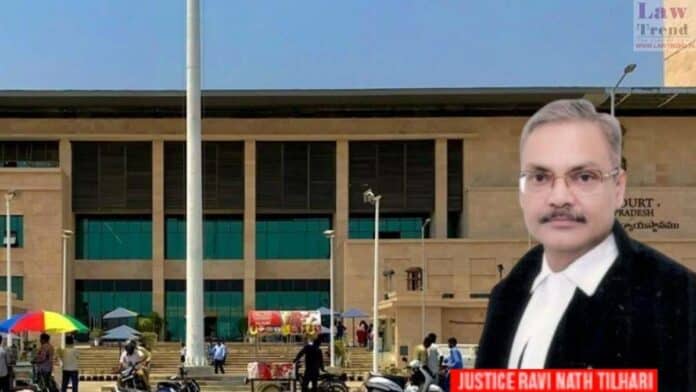The Andhra Pradesh High Court, in a significant ruling, dismissed Contempt Case No. 4290 of 2024, emphasizing that contempt petitions filed beyond the statutory limitation period of one year are not maintainable. Justice Ravi Nath Tilhari delivered the judgment, reinforcing the legislative framework governing contempt proceedings. Background of the Case The petitioner, B. Veeresh, sought




